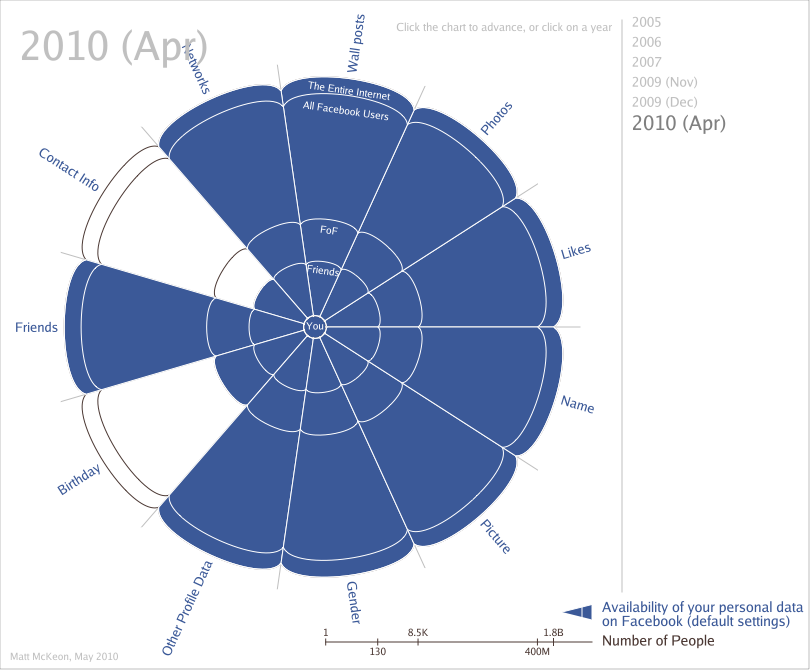The City Tech Library, in partnership with the Faculty Commons, is pleased to invite all faculty to a Tech Happy Hour and library workshop. Have you heard the buzz about social media, but haven’t yet taken the plunge? Intrigued, but not sure about its scholarly uses? Come enjoy wine & cheese with your colleagues at our Tech Happy Hour and learn how academics are using the tools of social media to connect, collaborate, and share with the scholarly community at CUNY and beyond. Tools discussed will include Twitter, LinkedIn, Academia.edu, the CUNY Academic Commons, and more!
Our Happy Hour will be held on Tuesday March 12, 5:30-7pm in Rm. A632 (Faculty and Staff Lounge). RSVP to Prof. Maura Smale at msmale@citytech.cuny.edu.

Save the Dates!
Our schedule of drop-in faculty workshops for the Spring 2013 semester is:
JUST ADDED! Getting Started with Instructional Web Design
Wednesday, March 20, 1-2pm
Introduction to Photoshop
Wednesday, April 10, 1-2pm
JUST ADDED! Introduction to Citation Managers
Wednesday, April 24, 1-2pm
For more information, or to schedule a workshop by request, visit our website.
Welcome to Location Nation
Where are you right now? Who knows it? If you’re like most people, chances are you occasionally broadcast your current geographic location using social media and the internet. But you may also be interested to learn that many companies have access to your location because of the devices you carry and technologies you use.
Let’s start with the easy stuff. Which of these technologies have you used to let people know where you are?
– Facebook
– Twitter
– Google
– FourSquare
– Gowalla
– Another service
Some of these services give you the opportunity to identify your location as one of several features, like Facebook or Twitter. Others are essentially location games, like FourSquare and Gowalla: you sign up for the service and “check-in” to various locations as you move through your daily routine. There’s an element of competition, too, because you earn badges (and somewhat silly titles like Mayor of your local coffee shop!) and can rack up points to knock other people off the top spot.
Sounds harmless, right?
A group of Dutch software engineers didn’t think so. Last year they created a website to pull together all of the locational messages from Twitter and Foursquare. They called it Please Rob Me, and for the few weeks the site was live it displayed a running list of updates from people who used those services to highlight the dangers of constantly broadcasting your location.
The site’s creators pulled the plug after a short while, once they’d raised awareness on this important privacy issue. For more information, take a look at their article on Oversharing and Location Awareness on the Center for Democracy and Technology website.
And what about your devices?
You may have seen an article in the New York Times last month about the locational data that our cellphones collect. A German politician petitioned his cellphone service provider to get his own data, and resulting information is surprisingly detailed. All cellphone companies do this to accurately bill us for the services we use, but what about other ways of using this information, like marketing and advertising? When is the privacy line crossed?
For more information about locational privacy, read this excellent whitepaper on the issues by the Electronic Frontier Foundation.
Photo credit: Calsidyrose
Social Media and Privacy
Social media has changed the way people interact with one another. Twitter, Facebook, YouTube, flickr, all allow us to share information about ourselves. We can easily learn details about one another, such as our favorite books, jobs, families, hometown and even our birth place and date. This leads to many privacy concerns that users may not fully understand.
A recent study by Columbia University looked at Facebook users’ flawed use of the site’s privacy settings. Researchers found that all 65 participants not only disclosed information they had meant to hide, but also hid data they wished to share. Participants also perceived that their privacy settings were also configured correctly.
Here are a few resources that can assist you in protecting your privacy on facebook:
– Myopenbook.com – This website demonstrates the ease in using facebook’s own search engine to discover status updates.
– Time to Audit Your Facebook Privacy Settings – Gina Trapani
– Protect Your Privacy Opt Out of Facebook’s New Instant Personalization – Yes You Have to Opt Out – Librarian by Day
Lastly, Steven Bellovin, one of the researchers in the Columbia study, suggests this to protecting your privacy: “The simplest thing is don’t post something you don’t want the world to see.”





